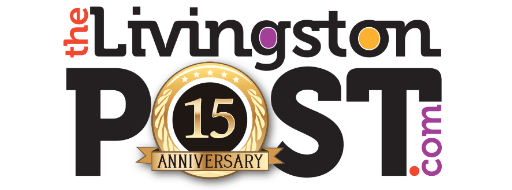
By John Mueller, a former reporter and copy editor for the Livingston County Daily Press & Argus. He lives in Roseville.
The word “help” can be an especially tricky, cumbersome concept.
And asking for help can range from awkward and frustrating (as in “Can you please explain to me what these vaguely-worded yet expensive extra charges are all about?”) to downright embarrassing (as in “May I have some extra napkins? I just spilled my coffee into my lap.”).
Now try to imagine having to ask for help if you’ve got a drinking or drug problem.
Pretty excruciating. And, unfortunately for some people, ultimately impossible.
The idea of asking for this kind of help is like inviting the outside world to peer into a dark room where all your worst secrets are kept. You don’t want anyone in there; you don’t want anyone even near there.
When things are bad in the life of an addict or an alcoholic, their problems become so numerous that trying to deal with each separate one seems as futile a gesture as fighting a five-alarm inferno with a packet of Wet-Naps.
I’m in recovery myself. Even though I’ve got almost five years under my belt — October 2014, to be exact — I’ve only recently become even a little comfortable with admitting the cold, hard reality of my experience with addiction to other people outside of my immediate circle. I’m still too tentative and reluctant to offer many details about it, but I’m not too shy to offer this: It’s hell on Earth. For the individual who’s struggling, and for every other person who cares about that individual.
A drinking or drug problem has the potential to wreck everything that we hold dear: families, jobs, health, financial solvency, self-respect.
I was at an AA meeting recently where an elderly gentleman was being recognized for a truly outstanding achievement: That week, he was celebrating 50 years of sobriety. Fifty. I was awestruck, and very inspired, and
I think it’s fair to say that so was everyone else in attendance. After a hearty round of applause, someone asked this gentleman if he had any advice for anyone who was new to the program.
His response was something I’ll never forget.
“Your ego is not your amigo,” he said.
This is precisely where the concept of asking for help comes in. I’ve recently come to the realization that my ego, which I had always assumed looked out for my best interests, had a major hand in discouraging me from reaching out for help when I needed it most.
There is help.
It’s just a matter of asking for it.
Resources to know:
Ascension Brighton Center for Recovery: (810) 227-1211.
SAMHSA (Substance Abuse and Mental Health Services Administration) National Hotline: (800) 662-4357.
A list of Alcoholics Anonymous and Narcotics Anonymous meetings near you and around the world: https://meetings.intherooms.com/

